Board governance is a crucial structure that allows businesses to flourish, but it’s not without its difficulties. It doesn’t matter if the challenge is making sure that the board is up-to-date with the latest best practices, or overcoming resistance to change there are always new hurdles that need to be cleared.
This article reviews a number of emerging best practices which could take a company to a new level. It focuses on the latest developments in board continuing education and provides best practices in relation to director evaluations, committee rotation, and other aspects. Additionally, it discusses the ways in which a dedicated board portal can improve transparency and increase efficiency.
The right mix of directors is vital to build a strong and effective board. It is essential to ensure that the board is comprised of directors with a diverse variety of abilities, experiences and backgrounds to bring diverse perspectives to strategic discussions. It’s also important to create a culture which promotes transparency and trust among board members so that they can speak freely.
The board should be independent from any interests outside the company that may cloud their judgement in decision-making. This is essential to maintain the integrity of the company and protecting its reputation. It’s also essential for the board to set a clear tone from the top by ensuring that they adhere to high ethical standards and showing fairness to shareholders, employees and the public. In addition, the board should make it a point to allow enough time for executive sessions during each regular board meeting to fulfill their legal obligations.
